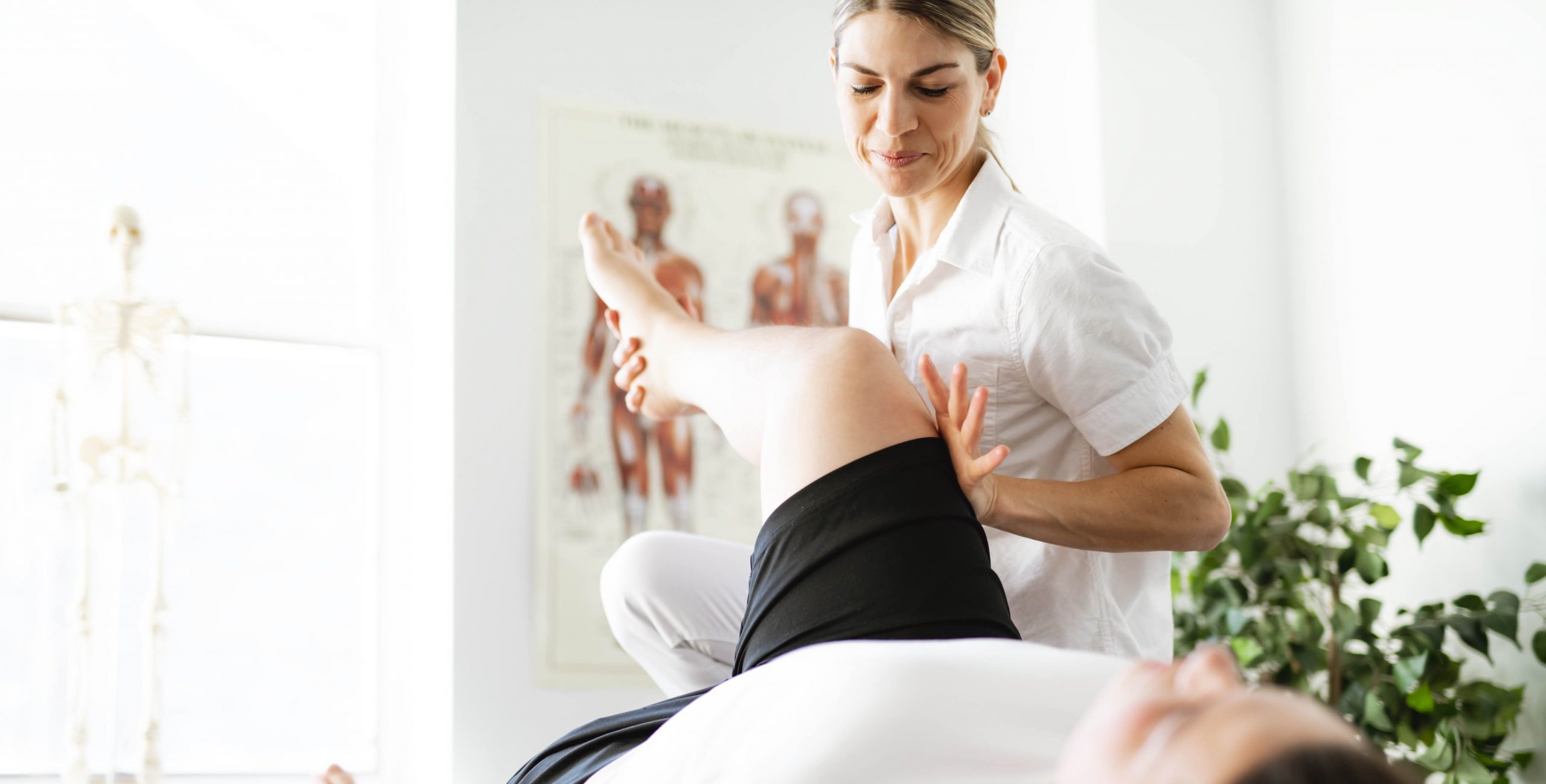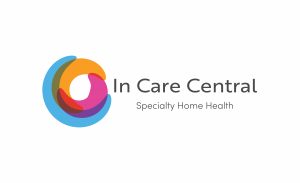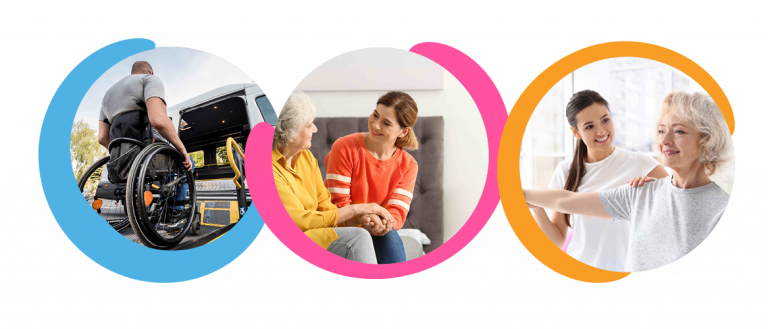


Many of us in some point in our lives strain a muscle, tear ligaments, break bones, dislocate joints or undergo surgery. With any injury or surgical procedure a rehabilitation process is necessary. The duration and extent of this process is of course determined by the severity of the injury sustained or the procedure undertaken. If you become subject to an injury or are present when someone sustains one, the appropriate first aid procedure to remember is the R.I.C.E principal, which includes:
Following this protocol will assist with pain relief, control inflammation and swelling and if done quickly it can speed up the healing time. If the injury is of a serious nature such as a broken leg rather than a sprain, seek the assistance of a professional as soon as possible. It is very important that breaks are set correctly to ensure the site regains full motion and bodily balance. As with any injury it is sound advice to obtain an accurate diagnosis from your local GP, even if you don’t think it is anything to worry about.
Unfortunately one injury can often lead to another as our bodies try to compensate for the limited function of a particular site. The is where rehabilitation exercises become paramount, because they encourage the injured site to regain it’s full functional state and help the body regain a muscular balance. As a consequence of exercise being intrinsic to the rehabilitation process trainers, physiotherapists, osteopaths and chiropractors play a fundamental role in regaining bodily balance. When rehabilitating injuries of a serious nature, your GP will often refer you to a Physiotherapist who will provide gentle exercises to encourage mobility and ignite the muscles. From there a good personal trainer can aid in the promotion of mobility and flexibility training and as you improve, strength and conditioning workouts can be introduced, building up until you regain full bodily function. As the body regains muscular balance, exercise can even go as far as eliminating the original cause of the injury creating long term positive effects.
One of the major goals of the rehabilitation process is to maintain aerobic fitness levels by using alternative training methods. Water workouts are a great way to commence rehabilitation because they are non-weight bearing and still manage to engage the muscles. Deep water running is excellent, strolling waist deep in the ocean is very effective and of course conducting your rehabilitation exercises as provided by your physiotherapists with the added resistance of water can help take you to the next level of regaining full function. Similarly, recumbent and exercise bikes can also be an effective means of rehabilitation whilst instigating cardiovascular activity. One of the main reasons we see people suffer a reoccurrence of an injury is because they have started training too hard too soon. Just because the injured site is pain free, it doesn’t mean it is fully fit. The injured site needs to be retrained for endurance, strength and co-ordination so it can fully withstand full competitive conditions again.
This doesn’t mean you abstain from exercise all together, you just adapt your training to incorporate rehabilitation and participate in alternative exercise that is not going to aggravate the problem area. The goal is to regain full function without pain. This is where proprioceptive training is very important because it is the coordination of balance and joint positioning sense…the brain must know accurately which position the joints are in so that movements can occur, smoothly and effectively. Any deficiency in this area is likely to cause a reoccurrence of the injury. Exercises such as hopping on a bosu ball, trampoline, wobble-board exercises and jumping drills are just some of the activities used to retrain any lost proprioception. It is a good idea to seek advice from a good professional trainer if you are ever in doubt as the overall goal is to get you back to 100% fitness as soon as possible and not to aggrevate the injured site due to limited preparation.


© 2024 In Care Central